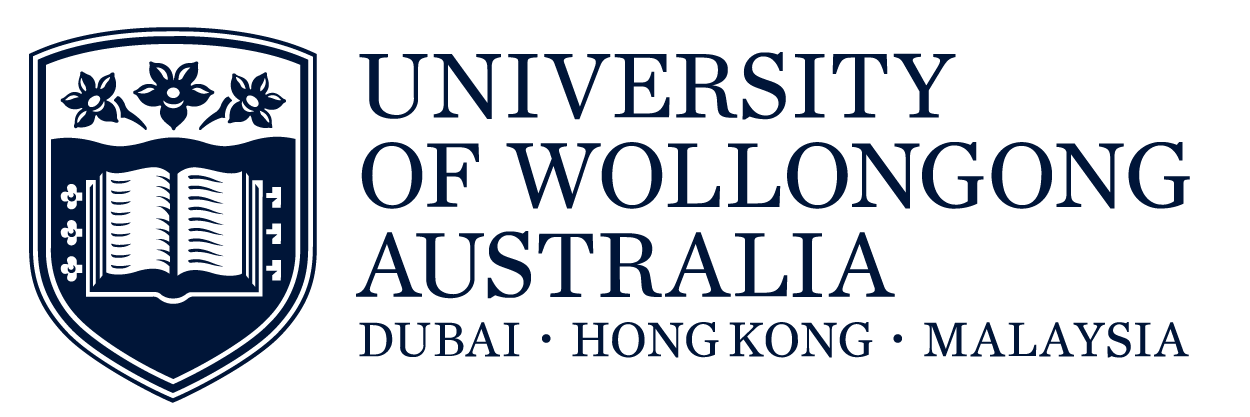Open educational resources (OER)
Open educational resources (OER) are teaching, learning and research materials that are either in the public domain or use Creative Commons licences, making them publicly available and accessible.
OER are designed to make educational and research material inclusive and accessible, supporting the purpose of the UN SDG 4: Quality Education. This is achieved through allowing anyone to access, re-use, re-purpose, adapt and redistribute the pedagogical materials. OER are available in a range of formats including syllabi material, lesson plans, textbooks, assessments, images, videos, interactive learning activities, audio, software for example.
You can find information on using OER in your subjects in our Library services for teaching and learning: Open educational resources (OER) guide.
This video (1:17) describes what open educational resources are:
Benefits of using OER for teaching, learning and research
In building inclusive knowledge societies, OER support education that is equitable, inclusive, open and participatory, while also enhancing academic freedom and the professional autonomy of academics and researchers by widening the scope of available resources.
Benefits of OER to researchers include:
- Created by educators and scholars, using the peer review process
- Increased opportunities for collaboration
- Reduce costs to educational resources and increase accessibility
- Flexibility to adapt and customise to meet specific pedagogical needs
- Reduce the need to create new learning materials
- Improve student learning outcomes
- Freedom of access (e.g. at work/home/placement) and lifelong learning
- Inclusion of different voices and perspectives
- Authentic or ‘real-life’ learning experiences through OER that link to employer or professional sector activities.

Image created by UOW Library and shared under CC BY-SA licence.


